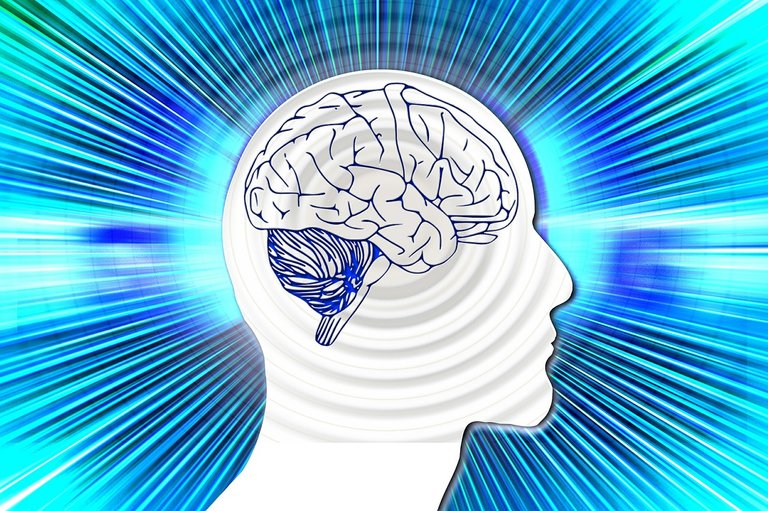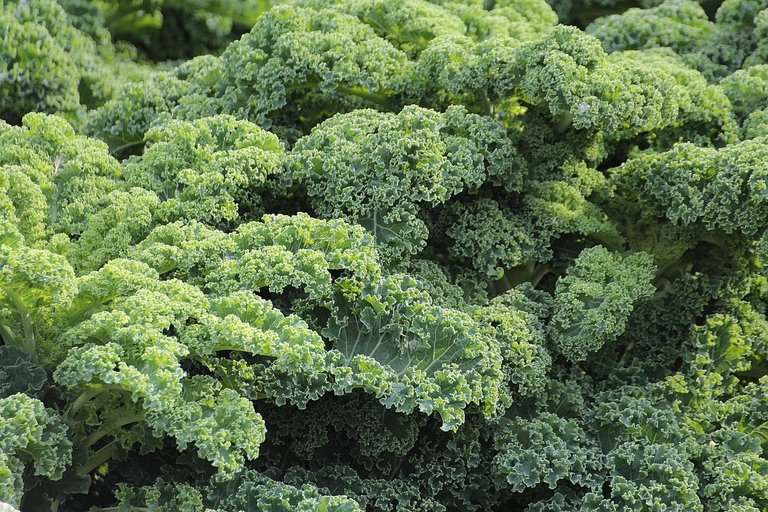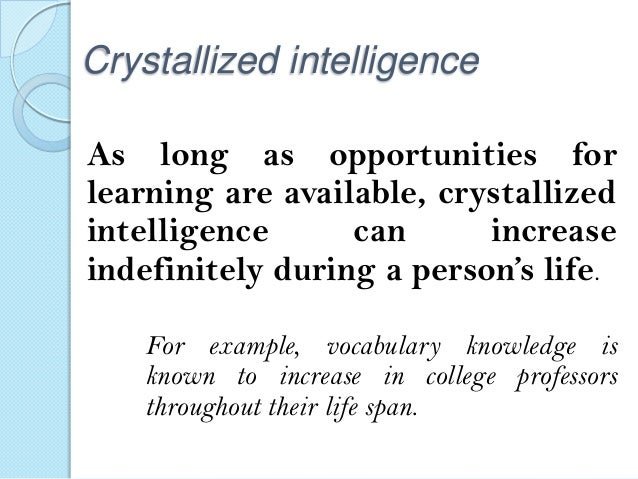
A recent study by researchers at the University of Illinois at Urbana-Champaign, investigated the link between nutrition and intelligence/brain health in older adults. They found that a certain pigment which can be found in leafy green vegetables, known as lutein (Loo-Teen), links with 'crystallized intelligence'. Those leafy green vegetables are also known as cruciferous vegetables, and they are items like broccoli, kale, cabbage, and more.

Lutein is just one of many plant pigments that we acquire when we include green leafy/plant items into our diet. The findings from the report were published in the journal Frontiers in Aging Neuroscience. Specifically, the researchers say that the lutein pigment is able to embed itself within the cell membrane and when it accumulates in the brain it is able to play what they call is a “neuroprotective role” for the individual.

Previous studies in this area have already determined that lutein is linked with cognitive performance across an individual's lifespan. This study in particular, had enrolled at least 122 participants who were aged 65 to 75, and those participants were required to solve problems/answer questions that came on a standardized test suited for determining crystallized intelligence.
They discovered that the participants who had the more lutein, were able to perform much better on their standard tests.

Moreover, they discovered that the gray-matter volume of the parahippocampal cortex, located on the right side of the brain, is what strongly accounts for the relationship that they saw between lutein and crystalized intelligence. These gray matter brain regions, where this lutein gathers, are areas that are well-known to underlie the preservation of cognitive functioning as far as healthy brain aging goes. The researchers suggest that lutein might play an important anti-inflammatory role in the body, and that it also might aid in cell-to-cell signaling.
These findings go to further strengthen the notion that what we eat really can play a critical role as far as slowing age-related declines in human cognition and other functioning/bodily areas.
Pics:
pixabay
SlideShare
*The information posted here is for information purposes only, and is not to be used for any personal diagnostic or treatment purposes. The information posted here is not intended to be taken as a form of any sort of patient education, or to be construed as a professional diagnosis or treatment. Always consult on the matter of your health with the appropriate health care provider *
sources:
https://www.sciencedaily.com/releases/2016/12/161213113142.htm
This post has been ranked within the top 25 most undervalued posts in the first half of Dec 19. We estimate that this post is undervalued by $9.33 as compared to a scenario in which every voter had an equal say.
See the full rankings and details in The Daily Tribune: Dec 19 - Part I. You can also read about some of our methodology, data analysis and technical details in our initial post.
If you are the author and would prefer not to receive these comments, simply reply "Stop" to this comment.
Good post!